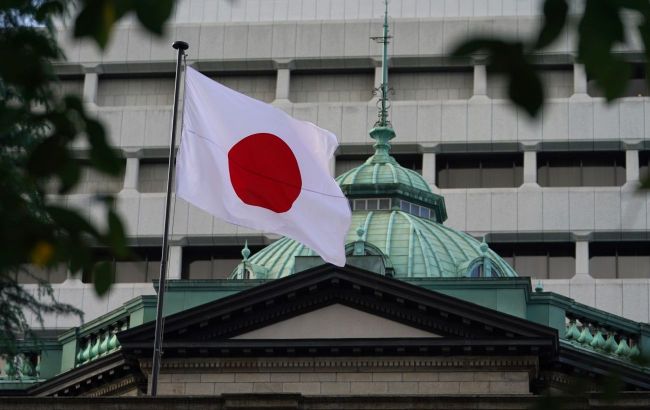Japan, US and South Korea to hold trilateral summit
 Japan, the US, and South Korea will hold the first trilateral summit (photo: Getty Images)
Japan, the US, and South Korea will hold the first trilateral summit (photo: Getty Images)
The US government is preparing for trilateral talks with the leaders of Japan and South Korea in July on the occasion of the NATO summit in Washington, according to Kyodo.
US President Joe Biden is expected to discuss with Japanese Prime Minister Fumio Kishida and South Korean President Yoon Suk Yeol a range of issues, including bolstering deterrence against China's growing clout and North Korea's nuclear and missile threats as well as improving cooperation with NATO.
Biden is expected to formally invite Kishida to visit the United States in July during the US-Japan summit slated for April 10 in Washington.
According to a source from the US State Department, the agenda of the July summit is expected to include strengthening defense cooperation between the armed forces, unhindered information exchange, and expanding cooperation in cybersecurity.
They will also discuss their response to Russia, which is deepening military ties with North Korea while continuing its war against Ukraine.
The US also intends to expand cooperation in economic security and the supply of critical goods such as semiconductors.
Provocations by North Korea and nuclear threats from Pyongyang
In January, Kim Jong Un made a series of statements indicating his desire and readiness to start a war with South Korea.
The New York Times reported that the US anticipates the possibility of hostilities between North Korea and South Korea in the coming months.
However, the press notes that Pyongyang has a significant reason not to escalate the conflict, as North Korea's economic growth rates have reached their highest level in nearly a decade due to arms sales from Russia.
Against the backdrop of threats of military conflict, North Korea conducted training exercises simulating the storming and capture of a South Korean border post. The need for training in attacking border posts in North Korea was explained by the need to counter constant threats from enemies.

